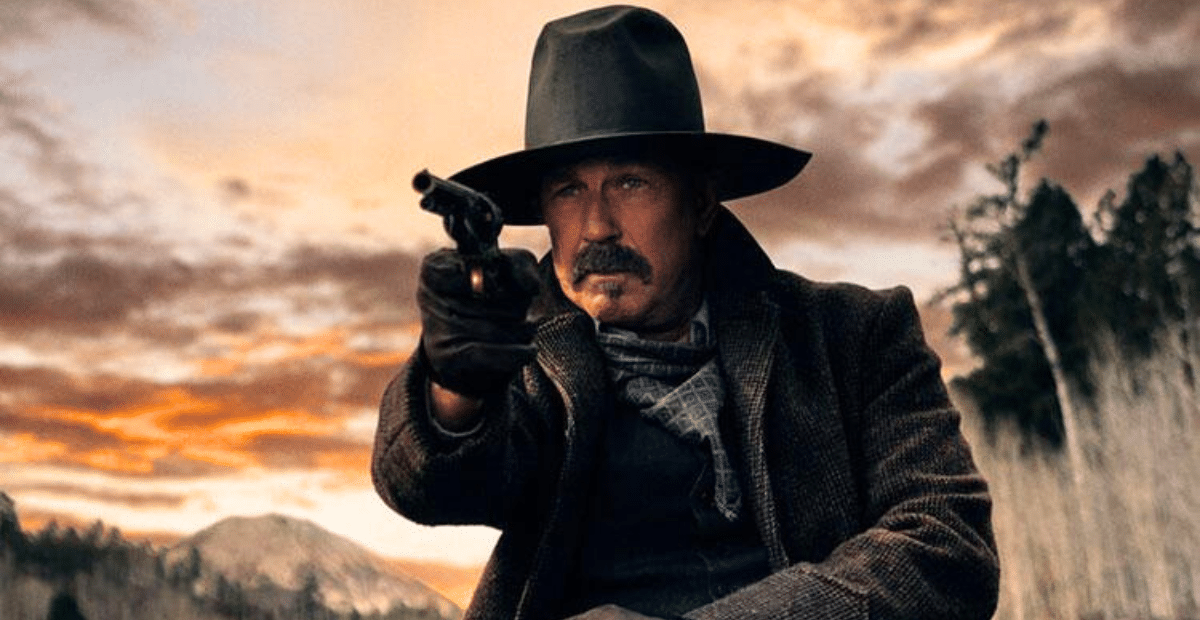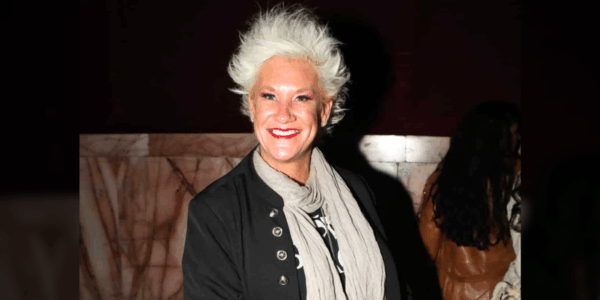Kevin Costner’s Troubled ‘Horizon’ Film Series Held Up In Legal Battle
on May 15, 2025

‘Horizon’ Part 2 Premiered A Few Months After Part 1, But Has Not Been Released
Conceived as a four-part film series, Kevin Costner’s Horizon: An American Saga is held up in a saga of its own.
One of the film’s investing partners, City National Bank, has filed for arbitration proceedings against both Costner’s production company, Territory Pictures, and the film’s distributor, New Line Cinema.
In the film series’ contract, both Costner’s company and New Line Cinema were stipulated to pay back a portion of the financing. New Line Cinema, according to The Hollywood Reporter, is of the mind that it footed the bill for Costner’s alleged unpaid portion, but City National Bank insists it is owed more.
Like a Mexican standoff in a Western, New Line Cinema has now filed for arbitration against Costner’s loan-out firm, dubbed Horizon Series, hoping to recoup the funds it claims to have dispersed on Costner’s company’s behalf.
A Rocky Release Schedule
While Horizon’s second chapter has yet to secure a theatrical release date, this double-arbitration comes as Costner, who won the Oscar for Best Director and Best Picture in 1991 for Dances with Wolves (1990), is reportedly filming portions of the third chapter of Horizon.
Both the first and second chapters of Horizon were produced at the same time for a combined $100 million, which is a steep upfront cost for a potentially significant return down the line.
However, a whole year has passed since Kevin Costner and his Horizon: An American Saga — Chapter 1 (2024) cast and crew made their way down the Croisette at the Cannes Film Festival in May of 2024.
Premiering outside of the main selection at Cannes, Horizon: Chapter 1 was largely met well at the auteur-centric festival. Directors with passion projects, like the Horizon series, tend to be well-received by the festival itself, even if the press is less receptive.
The first chapter of Horizon received a wide theatrical release the next month, with Chapter 2 set to be released theatrically seven weeks later.
Instead, as the first Horizon film was not met warmly at the box office, only making $29 million domestically, the immediate sequel was pulled from the release schedule.
In September of 2024, Costner continued his tour of prestige film festivals, with Horizon: Chapter 2 premiering at the Venice International Film Festival, also out of competition.
Of the premiere of the sequel at Venice, Costner said:
“My dream was always to show Horizon: An American Saga – Chapter Two at the Venice Film Festival. The fact that now they have decided to show Chapter One earlier in the day and then the World Premiere of Chapter Two that evening shows not only their belief in how the two films work together but their support of a director’s vision.”
Costner added, “Long live the movies and those willing to stand for them.”
Watch the trailer for the first two chapters of Horizon: An American Saga here:
Related: Kevin Costner Shares His Feelings About The Box Office Numbers For “Horizon”
Precedence For ‘Horizon’ To Be A Success
Costner’s gamble on this four-part film series is not unfounded, with the history of cinema being marked by significant Westerns dealing with the themes found in Horizon.
The frontier myth of the West being confronted by the prospect of being civilized is central to many celebrated Westerns.
Released 100 years before the premiere of Horizon, John Ford’s silent epic The Iron Horse (1924) dramatized the establishing of the transcontinental railroad. As of 2011, the film is now preserved in the United States Library of Congress.
Similarly, Ford’s Cheyenne Autumn (1964) and Delmer Daves’ Broken Arrow (1950) also present changes in the West, particularly regarding the treatment of Native Americans.
Together, Sergio Leone’s The Good, The Bad and The Ugly (1966), Once Upon a Time in the West (1968), and Duck, You Sucker! (1971) form a loose trilogy going from the Civil War through the industrial revolution, and ending at the Mexican Revolution.
Regarding Costner, his own Dances with Wolves — which was produced for $15 million and brought in a over $424 million worldwide in 1990 and 1991 — looms large.
Beyond Westerns, New Line Cinema has seen great success before with the production model it is using for Horizon.
New Line Cinema produced Peter Jackson’s adaptation of J.R.R. Tolkien’s The Lord of the Rings trilogy, with all three of the films being shot at the same time in New Zealand for a combined budget of approximately $281 million. Altogether, the trilogy brought in $2.9 billion theatrically, and earned many accolades.












